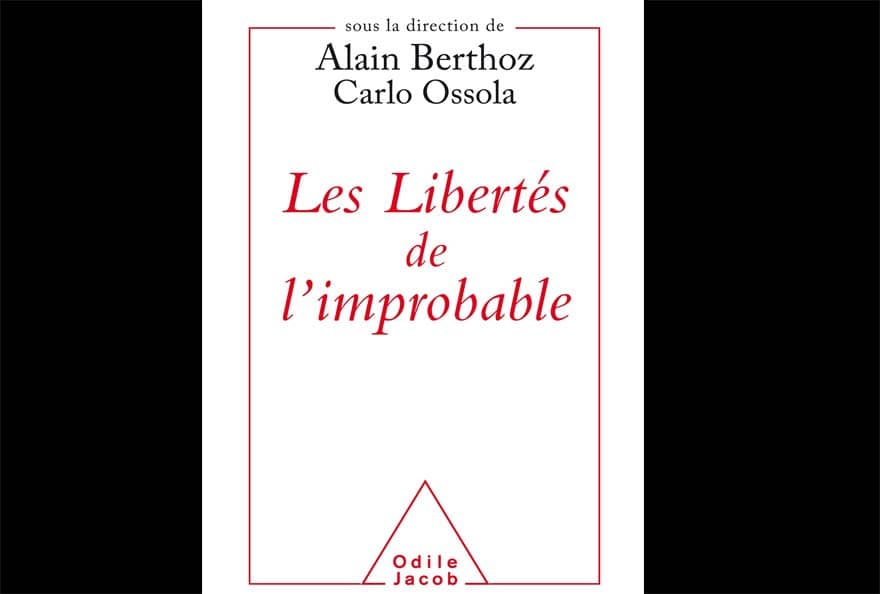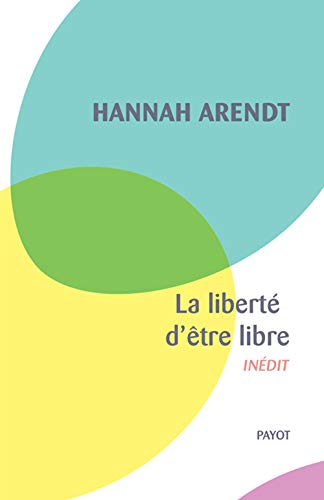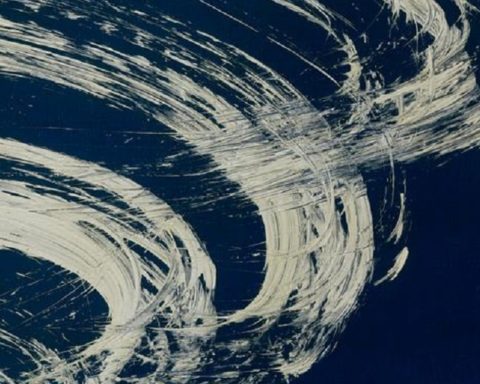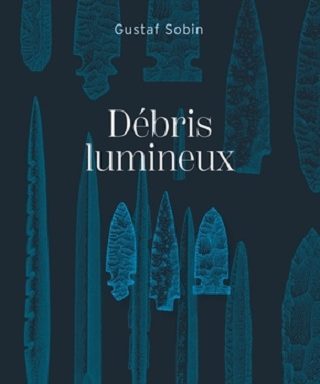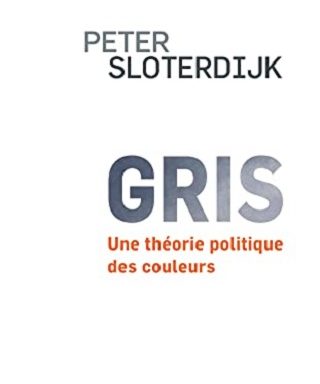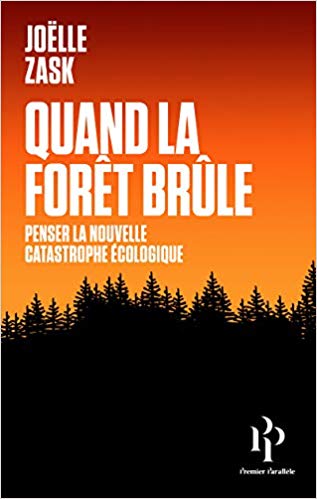 Quand la forêt brûle – Penser la nouvelle catastrophe écologique de Joëlle Zask – Edition Premier Parallèle, Juillet 2019 – 158 Pages
Quand la forêt brûle – Penser la nouvelle catastrophe écologique de Joëlle Zask – Edition Premier Parallèle, Juillet 2019 – 158 Pages
Comment comprendre ce phénomène écologique nouveau et extrêmement inquiétant que sont les « mégafeux », ces feux gigantesques et incontrôlables, que les moyens techniques actuels ne permettent pas de contenir ?
Incendies de Californie, de Grèce, du Portugal… Les feux de forêt, ce phénomène que l’on connaît depuis quelques années, prennent désormais une ampleur telle qu’ils en viennent à changer de nature : nous avons désormais affaire, un peu partout dans le monde, à des » mégafeux « . À l’échelle de l’espèce humaine, ils sont cataclysmiques. Leur violence est telle qu’il est légitime de redouter que, parmi tous les scénarios des catastrophes naturelles liées au changement climatique que nous avons imaginés, celui de la destruction par les flammes s’avère le plus imminent.
Or, qu’ils soient intentionnels, accidentels ou liés au réchauffement climatique, l’homme en porte la responsabilité.
Ce phénomène nouveau est symptomatique, telle est la thèse de Joëlle Zask, de l’ambiguïté fondamentale de notre rapport à la nature à l’heure de la crise écologique. Une nature à la fois idéalisée, bonne en soi, à laquelle il ne faudrait pas toucher pour la laisser la plus vierge et pure possible ; et, de l’autre côté, une volonté de domination bien connue, menant à la destruction. D’un côté, on gère les forêts de manière industrielle, quitte à renforcer le risque et la gravité d’incendies auxquels on répondra par une « guerre du feu » tout aussi industrielle et, le plus souvent, vaine. De l’autre côté, fantasmant un retour aux sources, on construit dans les bois des cabanes sans clairière qui flamberont à la première étincelle.
Voilà qui ne laisse pas de place à l’idée d’ « entretien », à une relation régulée, pragmatique, de l’ordre du partenariat.
En cela, le phénomène des grands feux, les « mégafeux », phénomène extrêmement inquiétant, sont le symptôme d’une société malade, éclairant mieux que toute autre catastrophe écologique l’impasse dans laquelle nous semblons nous trouver ; seule catastrophe née de la main de l’homme, arme de pure destruction accessible à tout un chacun, il met par ailleurs au jour la jouissance de la destruction qui semble gagner chaque jour du terrain.
Un symptôme dont la gravité peut nous aider à repenser nos interactions avec une « nature » qui n’est jamais que le résultat des soins attentifs que les êtres humains prodiguent, depuis des millénaires, à leur environnement. C’est cette attention qu’il est urgent de retrouver.
Joëlle Zask enseigne la philosophie à l’université d’Aix-Marseille. Spécialiste de John Dewey, elle s’intéresse aux conditions d’une culture démocratique partagée. Ses réflexions l’amènent à se pencher sur des domaines aussi différents que l’éducation, l’agriculture, l’art, les politiques culturelles et bien sûr l’écologie. Elle est l’auteure de plusieurs ouvrages, dont La Démocratie aux champs (Edition La Découverte, 2016).
- LIRE DANS UP’ : Quand la forêt brûle

